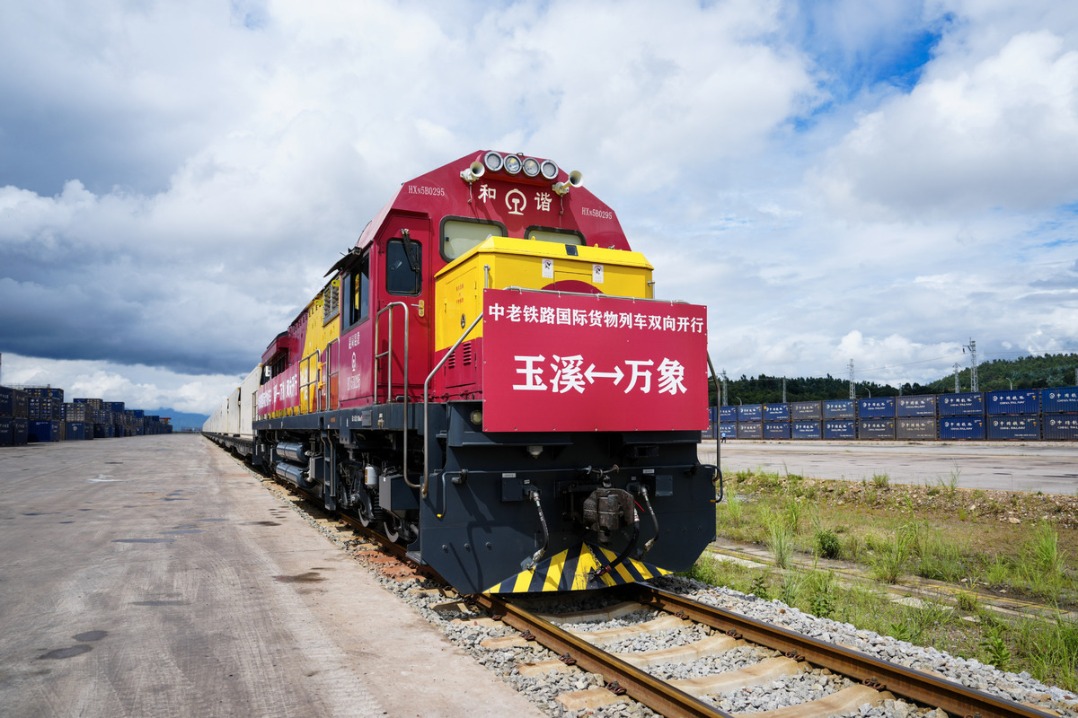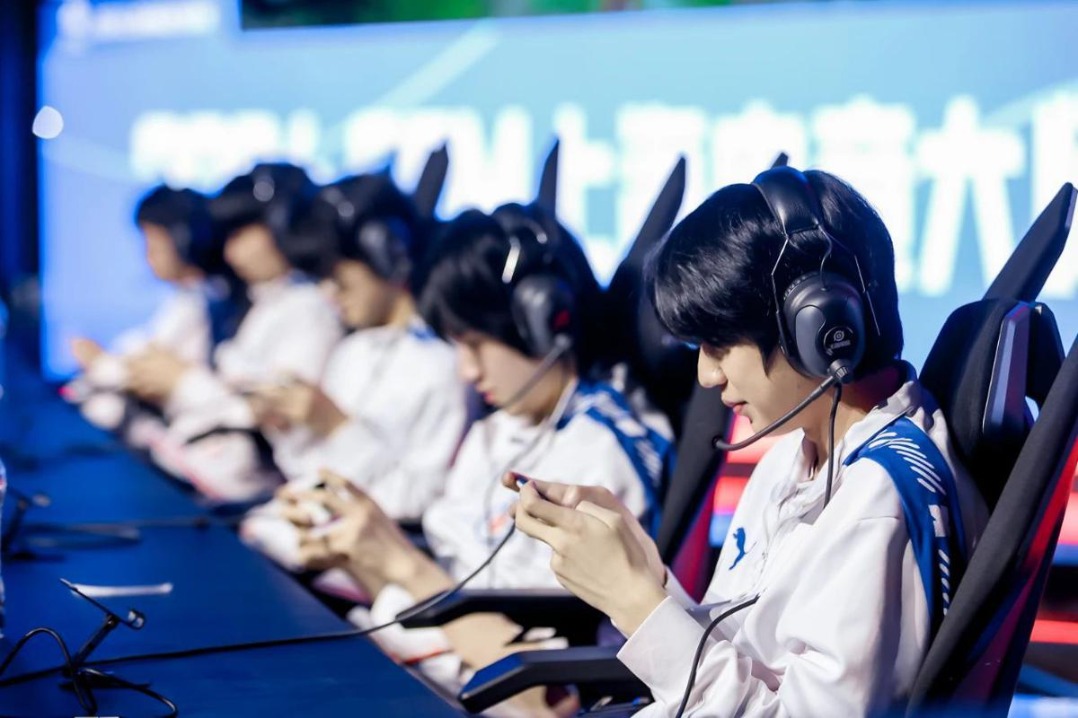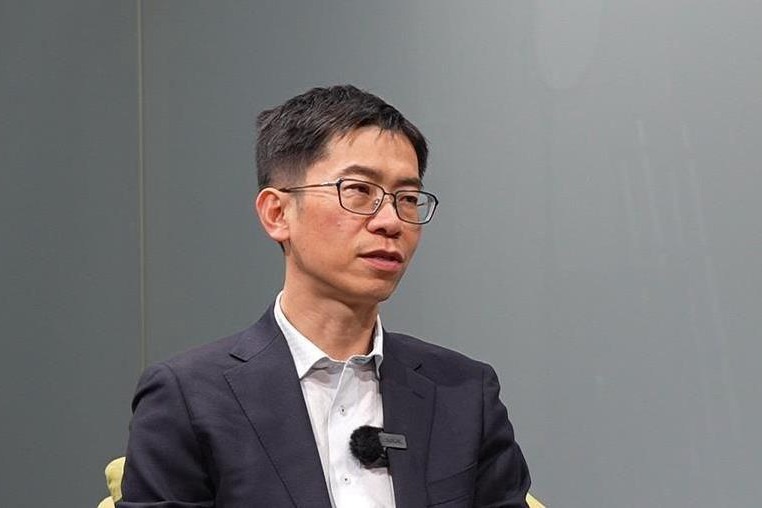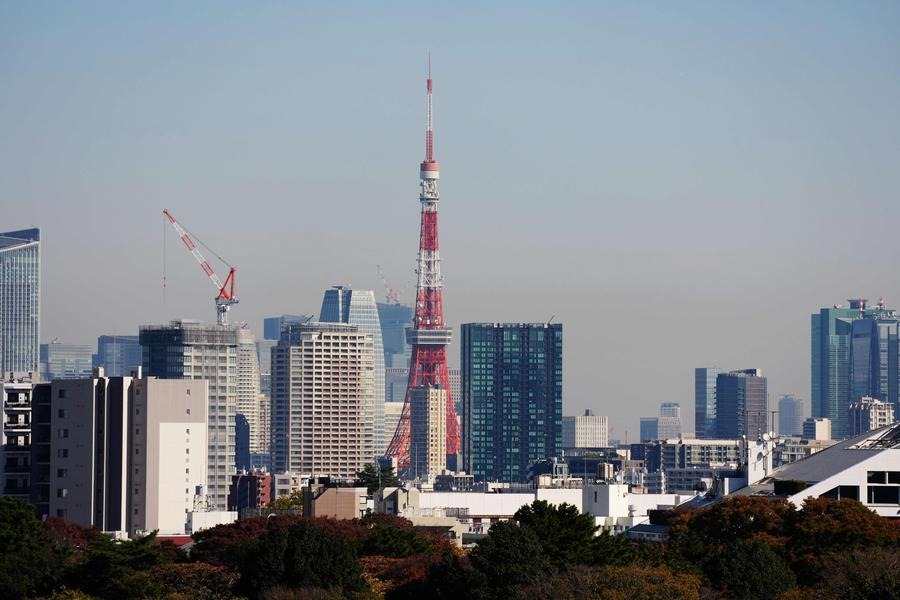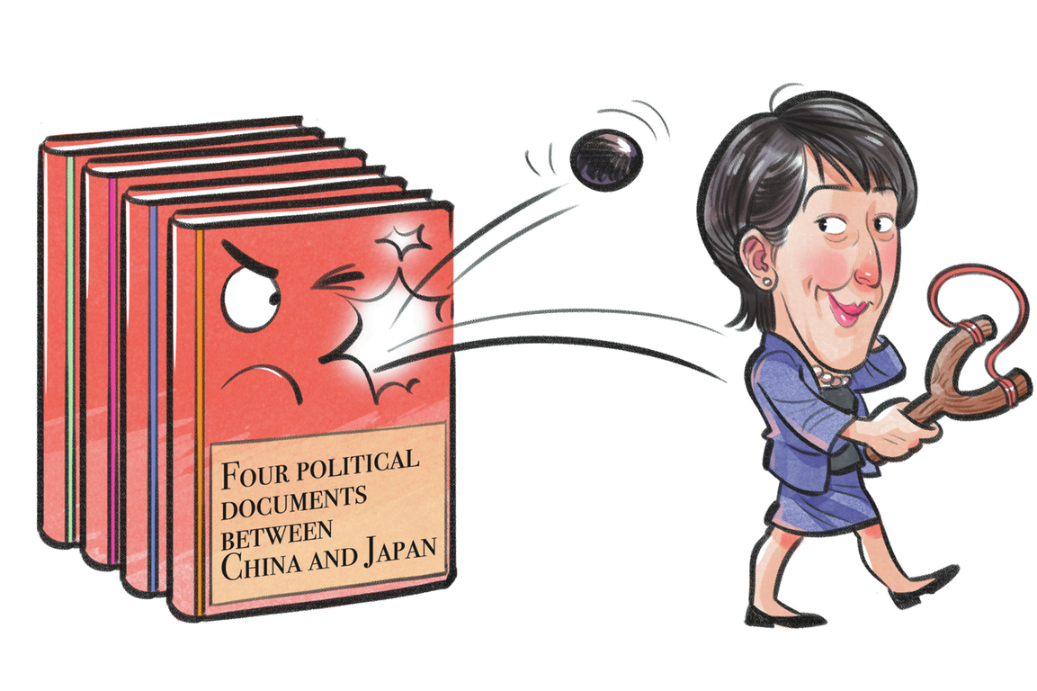Sincere reflection by Japan can help open up the future


Japanese Prime Minister Shigeru Ishiba said at the 30th Nikkei Forum "Future of Asia" on May 29 that Japan must remember the painful lessons of history, so that it does not repeat the mistakes of the past.
Japan has taken the path of peace after the war, and this will not change in the future, the Japanese leader said.
The remarks echo what Ishiba said during his meeting with Chinese President Xi Jinping in Lima, Peru, in November.
Speaking at a regular news briefing on Wednesday, Foreign Ministry spokesman Lin Jian highlighted the significance of the remarks which underscore the pivotal role historical consciousness has played in shaping not only China-Japan relations, but also Japan's standing in the international arena and its regional dynamics.
The response from the spokesman underscores the importance of historical accountability and sincere reflection in shaping international relations, particularly China-Japan relations.
As the 80th anniversary of the victory in the Chinese People's War of Resistance Against Japanese Aggression (1931-45) and the World Anti-Fascist War approaches, Japan once again finds itself facing the weight of historical reckoning.
Central to this is a correct perception of history, coupled with tangible actions that call for accountability for its past aggressions.
That calls for Japan to engage in deep reflection on the historical wrongs it committed, learn from past transgressions, and unequivocally reject any attempts to whitewash or downplay the atrocities it perpetrated before and during World War II.
History imparts enduring lessons. Japan should uphold its commitments outlined in the political documents between China and Japan, which emphasize learning from history while looking toward a shared future.
Although the meeting between the two leaders in Lima served to accelerate the two sides' efforts to repair their economic and trade relations, Japan has not ceased to act as a pawn of the United States to provoke China on the East China Sea and South China Sea issues and even the Taiwan question.
If Japan is sincere about learning the lessons of history, it should match its words with deeds.
In his meeting with Yohei Kono, president of the Japanese Association for the Promotion of International Trade in Beijing on Wednesday, Foreign Minister Wang Yi said that China attaches great importance to Ishiba's recent statement that Japan should draw lessons from history and refrain from being an aggressive country.
Wang noted that history cannot be tampered with and that only by learning from it can both sides truly open up the future.
It is good to hear Kono, a veteran Japanese politician who has greatly contributed to China-Japan friendship, echo Wang, saying that history should not be forgotten nor should it be denied, and noting that the past cannot be changed but a better future can be created through present efforts.
That attitude needs to be the mainstream view among Japanese politicians. It is to be hoped that Japan will indeed stick to the path of peaceful development, and earn through its actions the trust of its Asian neighbors and the international community.
The imperative for Japan to confront the uncomfortable historical truths remains an inescapable requisite to foster genuine reconciliation. The path forward lies in Japan demonstrating its commitment to learning from the past, acknowledging historical wrongs, and building a future based on mutual understanding and respect.
If Japan wants to be unreservedly accepted as a normal member of the international community and win the trust of its Asian neighbors, it should tread the path of peaceful development, uphold historical truth and promote genuine reconciliation.
















